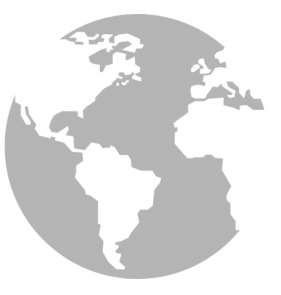TRACKS
PHOTOS
ABOUT
Philemon Mukarno, a composer, was born in Jakarta, Indonesia. He studied Audio Engineering, Composition, and Electronic Music at the Royal Conservatory of The Hague and Rotterdam Conservatory in the Netherlands. He finished cum laude and received the Prize for Composition. Mukarno is a unique figure in contemporary music. The use of electronics is one of his trademarks. His compositions demonstrate in their own way his original ideas and his strive for intense expressiveness, in a musical language that does not refer to tradition. Each piece has a strong economy of means and a strict control of form. Means and form are used by Mukarno in an elementary and powerful way. His works are performed at international music festivals such as: Gamelan Festival in Yogyakarta, Indonesia; El Segundo Festival Internacional de Música Clásica Contemporánea in Lima, Peru; Rotterdam Music Biennial, the Netherlands; Internationale Studienwoche für Zeitgenössische Musik 2000 in Lüneburg, Germany; Internationaal Gamelan Festival Amsterdam (IGFA); and Musica Eterna Dubrovnik. He frequently cooperates with artists from other disciplines such as choreographers, dancers, and performers, as well as music for theatre and motion pictures. Spectacularly, his music installation with the title "Déjeuner sur l'herbe," a cooperation with the artist Wim Salki, was exhibited in Gotheart Kunstforum in Cologne, Germany. At the request of the Dutch Gamelan Ensemble 'Gending', Philemon Mukarno wrote a gamelan composition with a completely new view of the instrument. The premiere was live broadcasted in 15 countries. Famous artists and ensembles perform his works in various countries such as the United States, Japan, Indonesia, Bulgaria, Belgium, Germany, Croatia, and the Netherlands. Several foundations all over the world have commissioned his works, among them are Fonds voor de Scheppende Toonkunst, Amsterdams Fonds voor de Kunst, Rotterdamse Kunststichting, Stichting Theater Lantaren/Venster, Nederlandse Programma Stichting, Gotheart Kunstforum, Deutsche Funk, the European Broadcasting Union, Filmbank/Filmmuseum, and Fonds voor de Podiumkunsten. The variety thus attained is striking. In spite of the frequent use of rough, unpolished sounds, there is a world of difference between, for example, the almost primal force of "DOG" and the more lyrical atmosphere of "Online." The complete absence of irony [e.g., in the form of quotation, reference, or comment] is remarkable. It is especially this lack of distance that puts his music in the total belief in what the pieces are, which puts Mukarno in his unique place among his contemporaries.
OTHER LINKS



